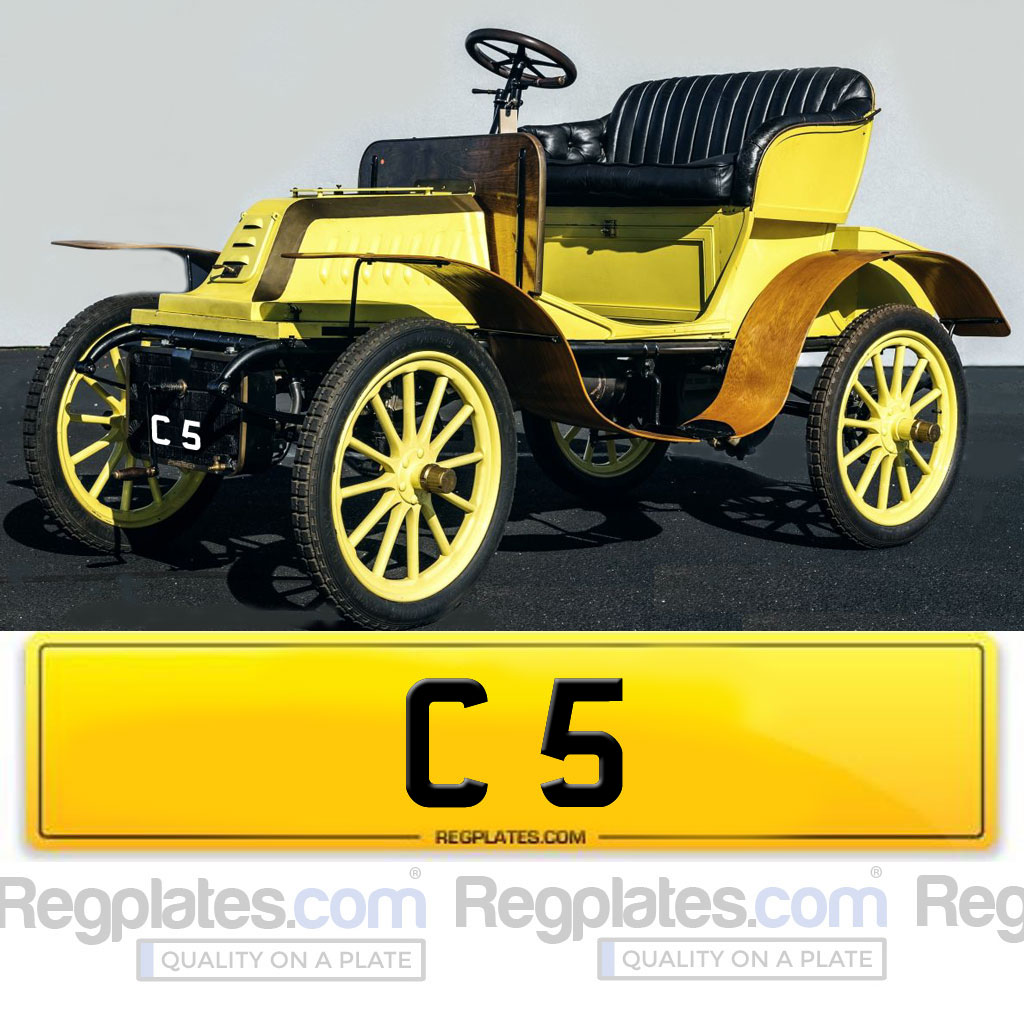A controversial tool police say helps catch stolen cars and dangerous drivers could become a common sight on Island roads.
But civil liberties advocates worry that automatic license plate recognition (ALPR) technology lends itself too easily to misuse and abuse.
The technology has been eyed by police on the mainland since 2006, but this year, Island district RCMP brought a SUV-mounted ALPR system over for five trial sessions.
The new mid-Island Integrated Road Safety Unit, unveiled in December and starting work this month, has one unit.
On average, the system was flagging one out of every 100 cars for offences ranging from expired validation tags to prohibited drivers to stolen vehicles, said RCMP Insp. Ted Smith, commander of Island district traffic services.
“People that are prohibited drivers are prohibited because the courts or the Superintendent of Motor Vehicles have recognized they’re bad drivers, they shouldn’t be there,” Smith said. “If it’s an uninsured vehicle, let’s say you or I are involved in a collision with that person, they have no insurance to pay for our damages if they’re the cause.
“The stolen cars speak for themselves. It enables us to query 1,000 vehicles an hour, which is way faster than any one, two or 10 people can do visually on a keyboard.”
But Smith acknowledged police themselves have identified privacy issues over how long data captured from the camera should be retained.
The system automatically takes two pictures of every license plate that it spots. If the computer doesn’t find a match to plates in police or ICBC databases, the photos are immediately deleted, Smith said.
Police are working with B.C Information and Privacy Commissioner David Loukidelis to determine how long and for what purposes data from positive hits should be kept. Once that determination has been made, Smith expects to field five ALPR systems on the Island after February.
But data retention isn’t the most worrying problem, according to B.C. Civil Liberties Association policy director Micheal Vonn.
In the U.K., the technology was used earlier this year to flag and intercept anti-war protesters planning a legal demonstration in London, Vonn said.
While police are promoting the technology as a tool to catch stolen cars during the pilot phase, that sort of usage creep is likely to follow if ALPR is approved for wider use, she argued.
“It simply becomes irresistable once you have the technology to be able to do it.”

Jon Cherry is a Director of leading personalised number plate dealer Regplates.com. Jon has over 25 years industry experience handling some of the most expensive plates ever sold with many high profile and celebrity clients. Active since 1991 in the number plate industry, Jon is currently Chairman of the Cherished Numbers Guild, a trade body representing number plate dealers in the UK. Jon has written many articles on the industry and insight into the future of numberplates and the market as a whole.




